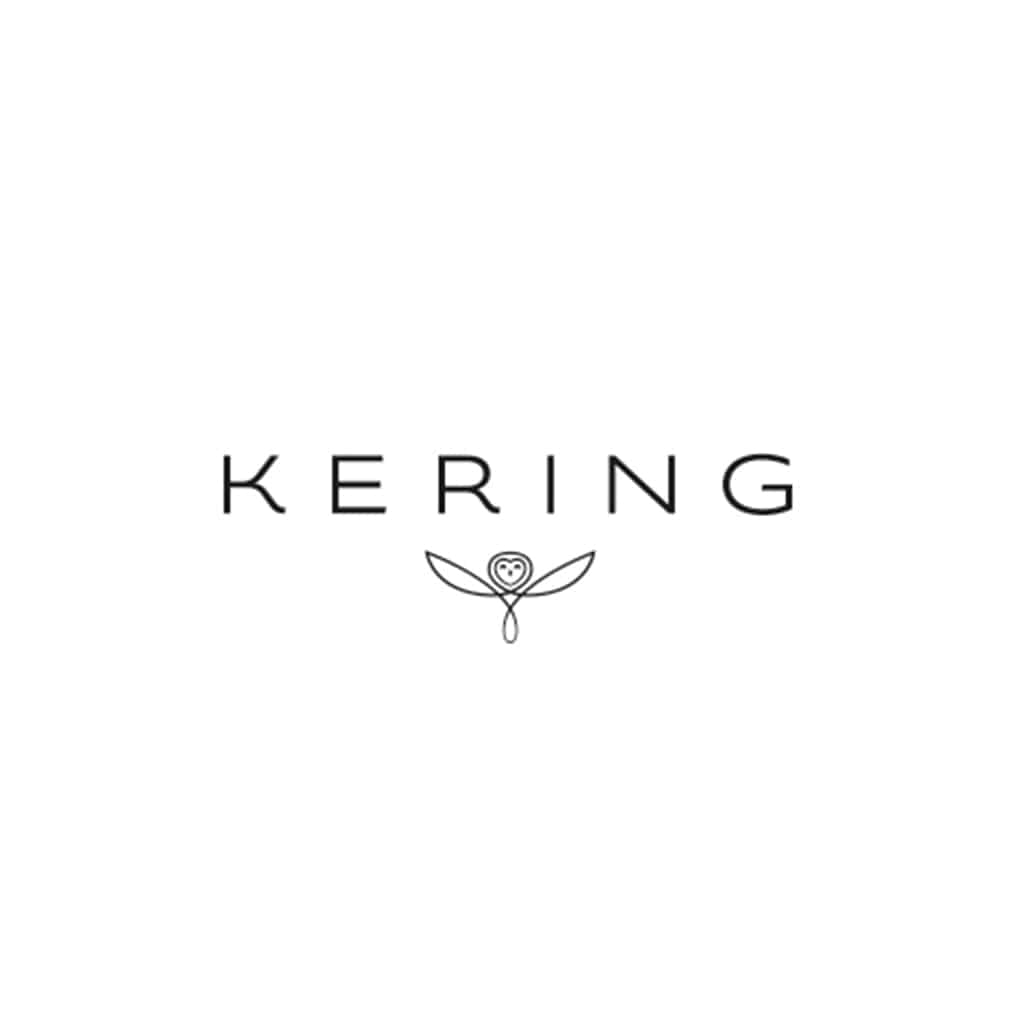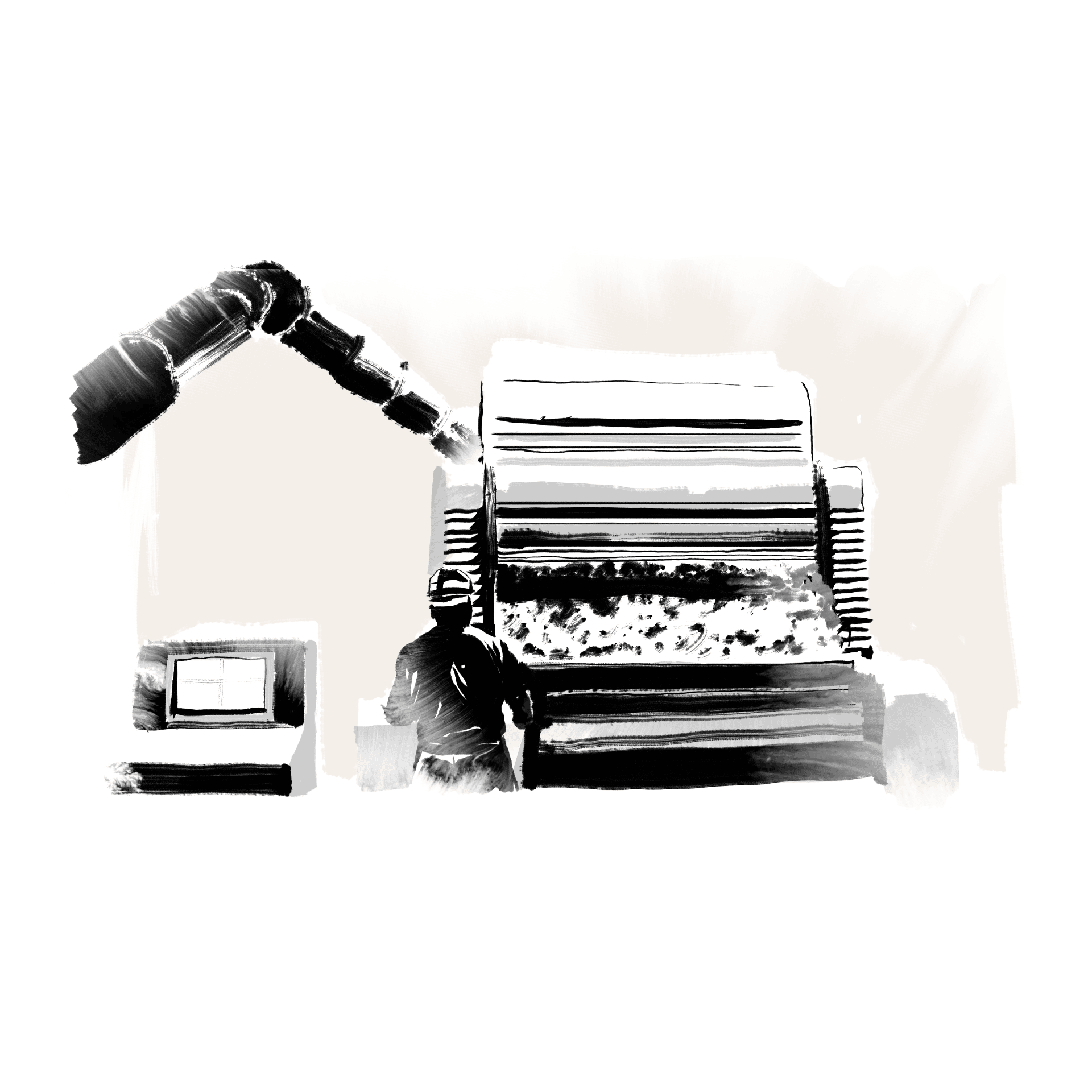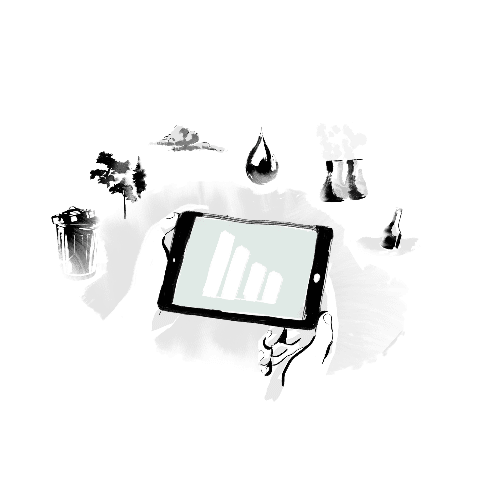100% of raw materials in compliance with Kering Standards by 2025

Terms of the action or commitment
Since 2012, Kering set out basic principles and guidelines on responsible sourcing, known as the Kering Standards. The Standards set out raw materials, main production processes, packaging, visual tools, and innovation to promote sustainable production, logistics and end-of-life management rules. They are articulated around on five topics: traceability, use of chemicals, social impact, environmental impact, and animal welfare.
The Kering Standards focus on raw materials, representing 95% of purchasing volumes, and support the use of raw materials designed for circularity: materials that do not deplete the soil, renewable materials, materials from regenerative agriculture, materials that come from recycled waste, or the consideration of the recyclability of products.
In order to meet the principles of circular economy and adopt continuously more sustainable sourcing and production methods, Kering is fully committed to ensure that 100% of its raw materials comply with its Standards by 2025, based on an alignment of 74% at the end of 2021.To achieve its objectives, Kering relies on the EP&L (Environmental Profit & Loss), a pioneering tool that enables to measure and quantify the environmental impacts of its activities. The Kering Group has decided to reduce its EP&L intensity by 40% by 2025 in comparison with 2015.
Kering is actively working to improve the alignment of raw materials with standards:
- Increase the share of materials from regenerative agriculture
- Use materials from recycled textiles, etc.
Levers mobilized for circular economy (according to Ademe)
Implementation timeline
Starting year
2017
Ending year
2025



